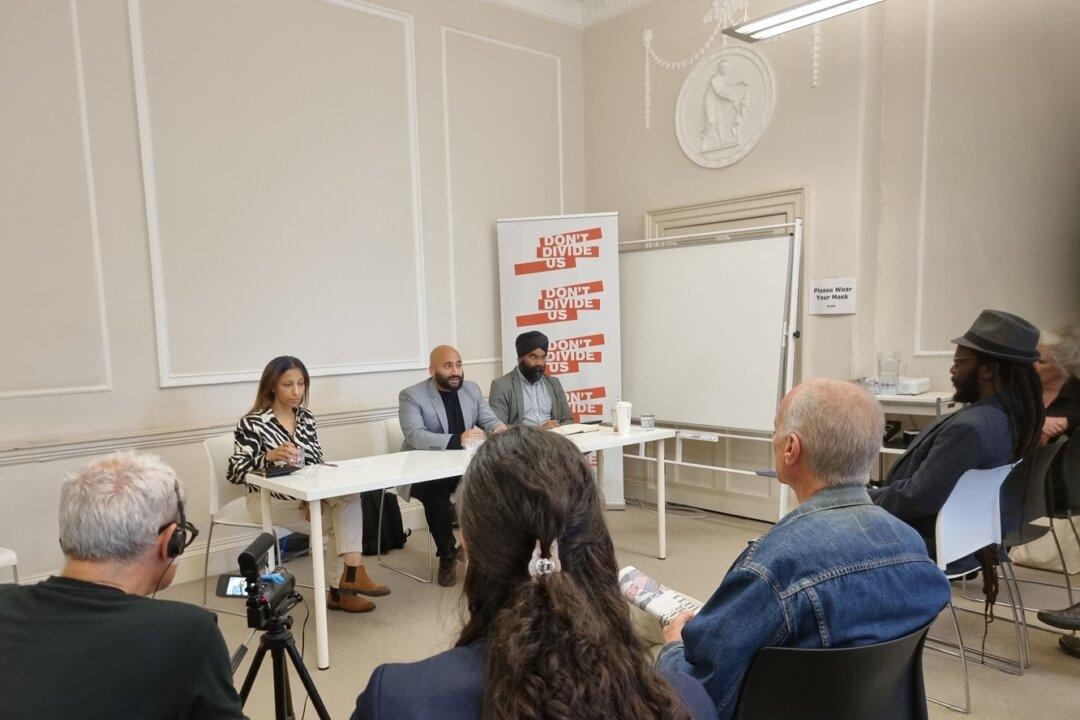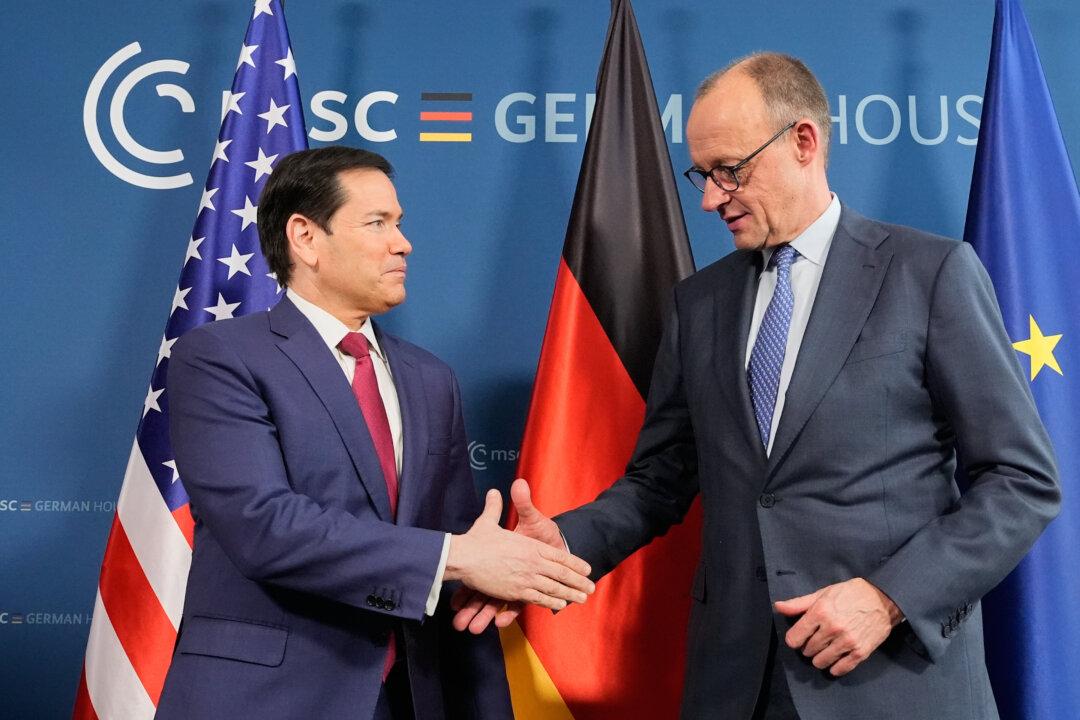LONDON—Racist and misogynistic attitudes within Britain’s Pakistani community led to the “industrial rape” of more than 1,000 white girls and little has been done to tackle those beliefs, an event organised by the campaign group Don’t Divide Us was told on Thursday night.
In April, Greater Manchester Police apologised for failing to protect girls who had been abused by gangs of men, predominantly from the Pakistani community, who abused under-age girls in Rochdale.





